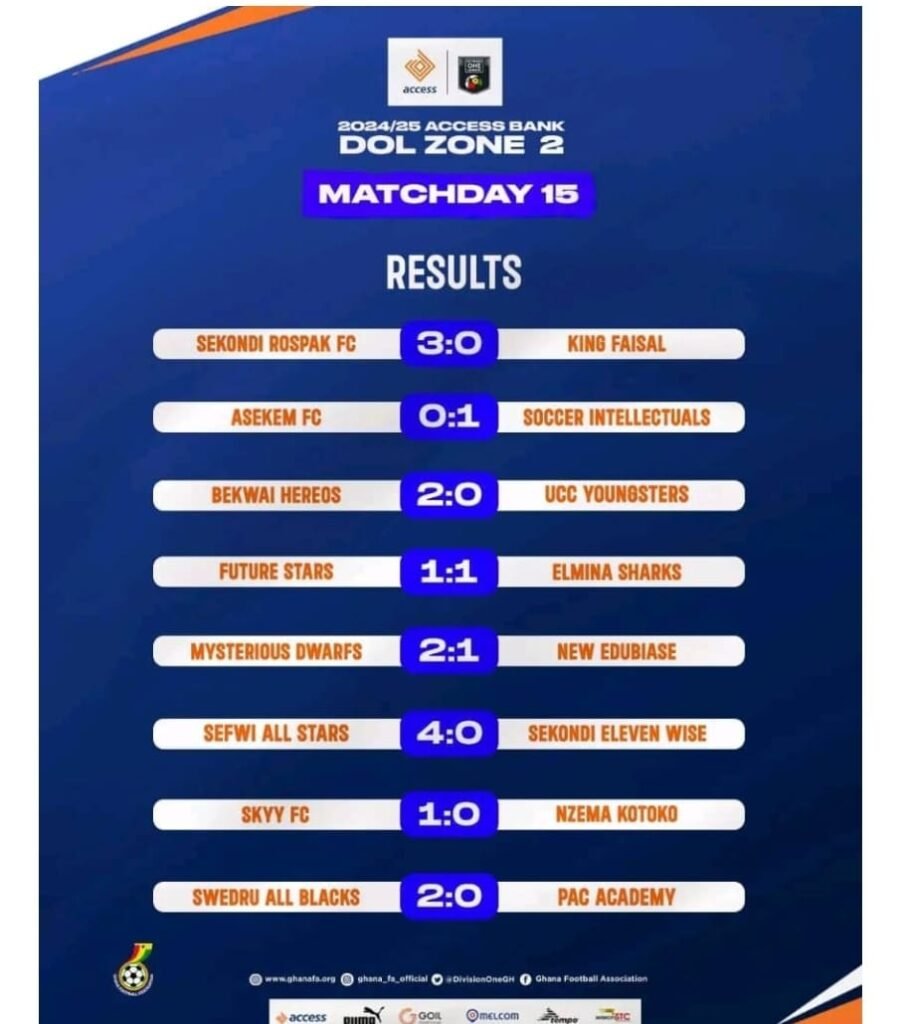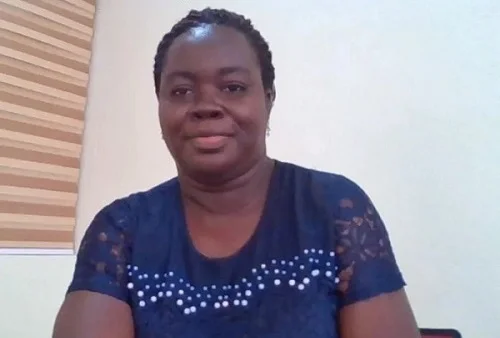Hot!
Utility Tariffs Likely To Go Up In July – IES

Electricity and water tariffs are likely to go up in July this year, the Institute for Energy Security (IES) has projected.
Nana Amoasi VIII, Energy Analyst and Executive Director of the Institute said “from all indications, there will be an upward review of the current tariff.”
He said: “We must brace ourselves for electricity tariff increment so we can save both the distribution and transmission grid from collapsing and have some reliable power supply.”
He added: “It’s quite unfortunate that it has become a pressing issue to bite at this time when Ghanaians are going through tough times, but it’s still necessary to pay a little more for the utilities to invest to save the grid from collapsing.”
The Energy Analyst noted that Ghana had not seen any major tariff increases in the last seven years, yet the operational cost of electricity continued to rise, hampering the work of utilities.
He was of the view that if electricity consumers were not made to pay a little more to enable the service provider to invest, “… the power system may collapse…”
He said: “Between 2015 and now, electricity tariff has not seen any significant rise. Meanwhile, the operational cost of the utilities has been rising year on year partly due to foreign exchange losses through obsolete equipment and power lines, and increasing cost of borrowing to finance their operations.
The IES Executive Director called on the Electricity Company of Ghana (ECG) and Northern Electricity Distribution Company (NEDCo) to be prepared to work more to stop the increasing commercial losses they incurred.
He said: “They should make sure that the sacrifices that Ghanaians are being asked to make by paying more for electricity in such a challenging time reflect an increased reliability in power supply within the shortest possible time.”
Dr Ishmeal Ackah, Executive Secretary of the Public Utilities Regulation Commission (PURC), told the Ghana News Agency that the Commission, together with key stakeholders were reviewing the country’s electricity and water tariffs.
He said as to the current tariff being increased, reduced or maintained: “We’re all asking the same question.”
Source: GNA
Hot!
Swedru All Blacks back to winning ways, Roshan humble King Faisal

Sekondi Rospak FC made it eight wins in eight successive home games after three second-half goals from John Amoah, Joseph Ntow and Stephen Anthony Kofi. John Amoah opened the scoring in the 55th minute after a barren first half. Joseph Ntow added to the tally in the 56th minute before Stephen Anthony Kofi rounded things up in the 74th minute to give Rospak a 3-0 win over former Premier League side King Faisal.
Elsewhere at Swedru – leaders Swedru All Blacks humbled PAC Academy in an emphatic 2-0 win. Zayat Bubakari scored first for Swedru All Blacks in the 27th minute before Rudolf Junior Nana Kwasi Mensah made it 2-0 in the 34th minute. Swedru All Blacks are top of the table with 36 points – 4 points ahead of second placed Rospak FC.
Meanwhile, Former Premier League side Cape Coast Mysterious Dwarfs recorded their fourth successive home victory after beaten New Edubiase United 2-1 at the Robert Mensah Park. Enoch Odoom struck first for Cape Coast Mysterious Dwarfs in the 19th minute but Steven Asante equalized for New Edubiase United before halftime. After the interval, Godfred Eshun scored from distance in the 65th minute to help Cape Coast Mysterious Dwarfs secure all the points.
Here are the results in Zone Two

Hot!
Cervical Cancer alert: Avoid sex at early age

The Programmes Manager of Non-Communicable Diseases (NCDs) of the Ghana Health Service (GHS), Dr Mary Efua Commeh, has advised young girls to avoid sex at an early age.
This, she explained, will give the cervix the opportunity to mature before they become sexually active.
“You need to delay what we call the first sexual intercourse as much as possible to give the cervix the opportunity to mature before the person becomes sexually active,” she said.
Dr Commeh stated this in an interview with The Spectator in Accra on Tuesday as a part of the Cervical Cancer awareness month.
According to her, cervical cancer was the second leading female cancer in Ghana with a total of about 3,072 cases annually, and out of that, 1,815 deaths are recorded, representing more than 50 per cent.
She indicated that “If young girls are going to be sexually active, then you need to talk to your parents about being vaccinated.”
She explained that vaccinating young girls against human papillomavirus (HPV) has been found to be a very effective way of preventing cervical cancer.
“There are countries that started HPV vaccination years ago and they are not seeing any cervical cancers now because they would have eliminated most of the high-risk HPVs in their women. So if the high-risk HPV is not there, then obviously the results on cervical cancers are going to go down,” she added.
Dr Commmey said the HPV vaccination is recommended for young girls aged nine to 14 years, adding that it had been found to be highly effective, not just for cervical cancers but for other HPV-related cancers, such as anal cancers, cancers of the vagina, genital warts, amongst others.
She further elaborated that the idea is to put up a barrier before the HPV comes in and that once a young female encounters it, she is already protected.
She also mentioned that for cervical cancers, the main cause is called HPV infection, saying generally, all sexually active women acquire HPV at some point in their lives.
However, the Programmes Manager of NCDs at the GHS mentioned that the body has a way of clearing the HPV, explaining that it is a natural mechanism that goes on, unfortunately, there are a few women whose HPV persists.
Moreover, she noted that the numbers for Cervical Cancer tend to be much higher because at times, clients would wait, and try all sorts of medications before they finally report to the health facility saying “we actually lose some women before they get to the hospitals with over 75 per cent of the cases coming in its third and fourth stages.”
Dr Commey, therefore, called for public awareness while ensuring the availability of information for prevention and control.
By Jemima Esinam Kuatsinu







